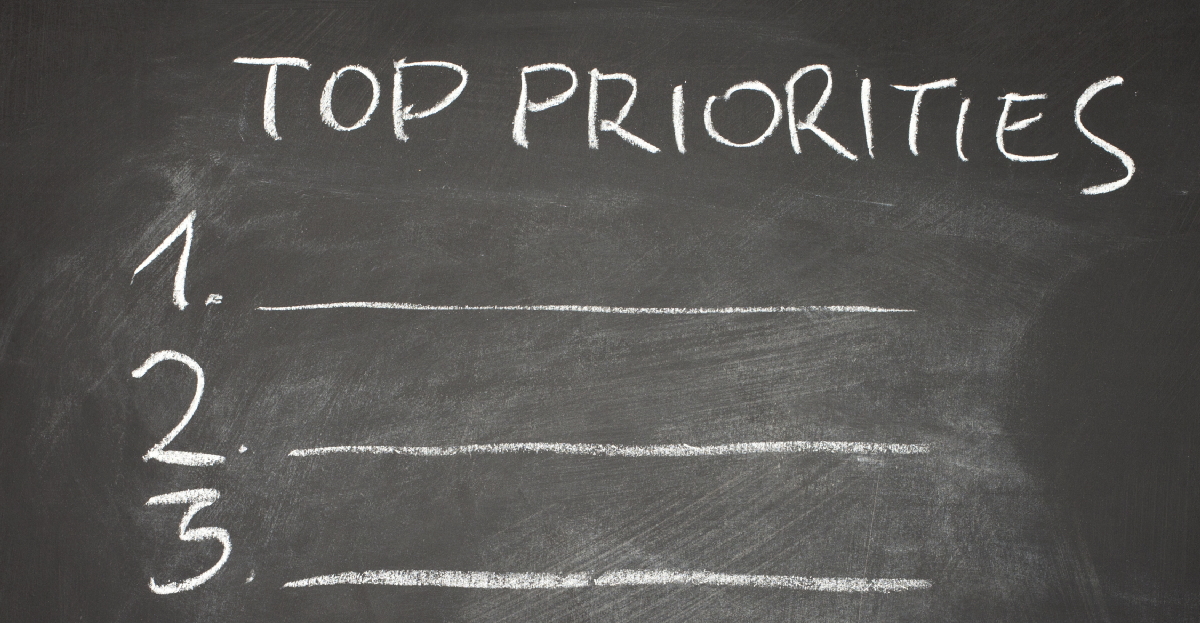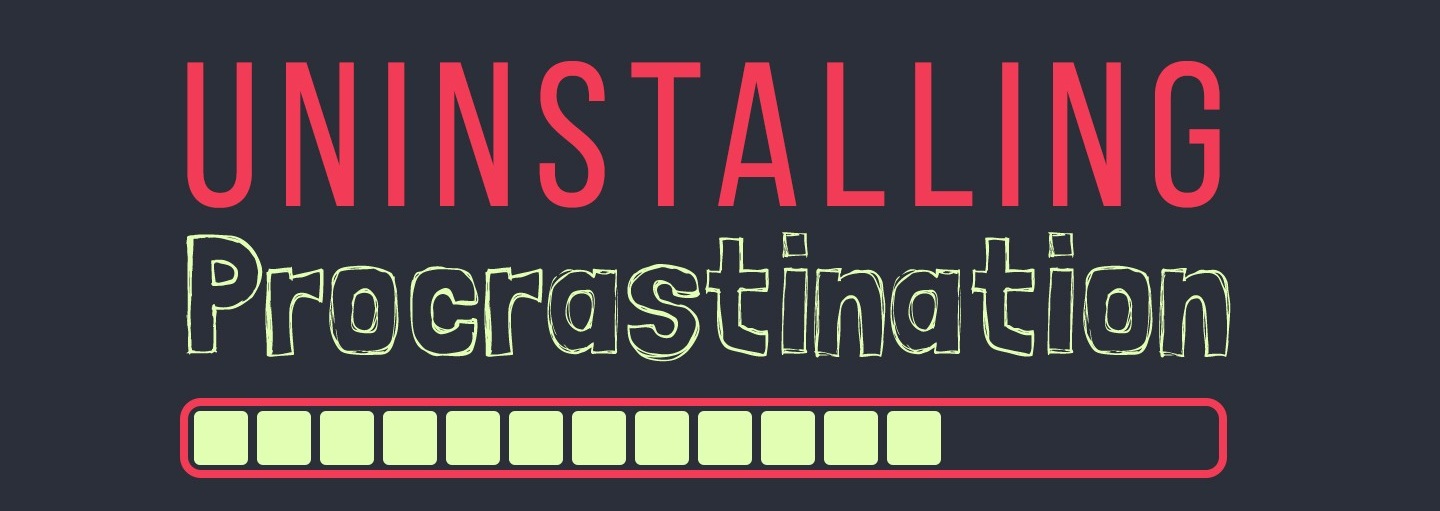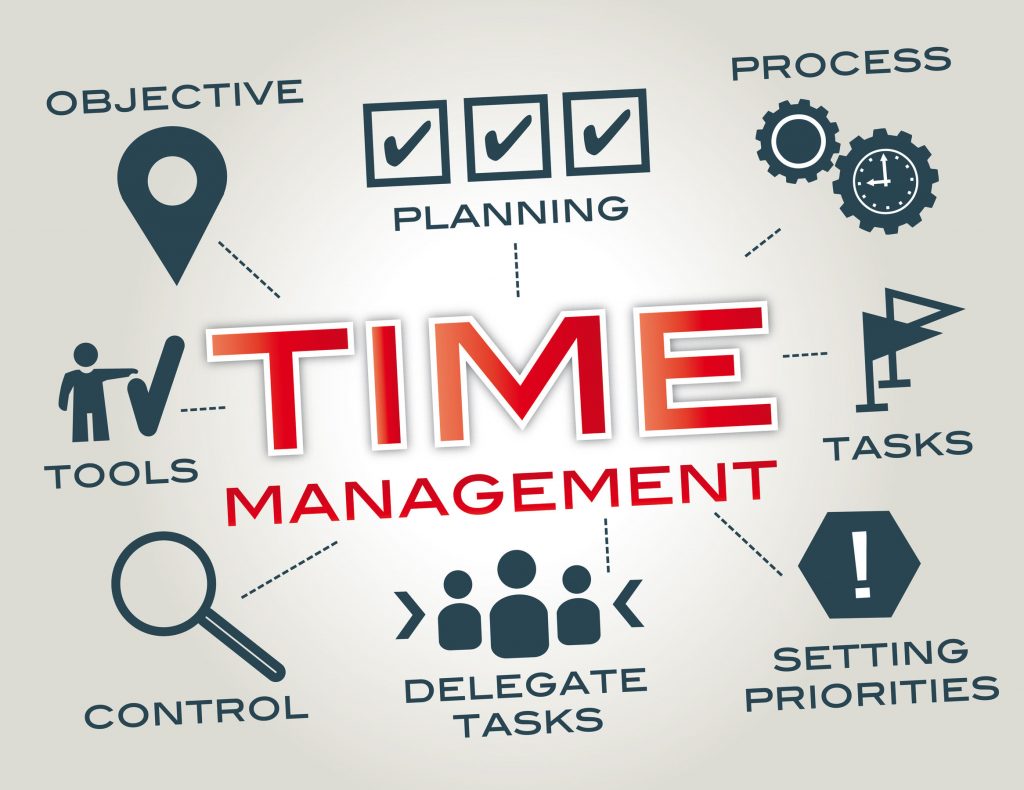Time is a lot like money – we wish we had more of it. But unlike earning power that varied from one and another, we all have the same 24 hours a day.
I believed that most of us at one point have used the phrase, “I don’t have enough time to do this!”. Especially in the current landscape of working from home, the integration of our personal and working life has made us to “switch on” 24/7.
But why is it that some people achieve so much more with their time while others can’t get enough of it? What separates the Warren Buffetts and Tony Robbins from the rest of us?
The answer lies in the way you manage your time and attention.
What is Time Management? Are You Doing it the Right Way?
“Time management” refers to the way that you organize and plan how long you spend on specific activities (Source: MindTools). While there are many things in life that are outside of your control, but how you spend your time is definitely not one of them. Using your hours to work toward the outcomes you value the most will help to not only bring you success but will also sustain that feeling of fulfillment that comes from accomplishing your goals. The first step toward learning how to improve time management is realizing that it’s a mental game that anyone can master.
Sometimes, you seemed to be busy all-day doing work but realised that you completed almost nothing from your task list. Distractions and interruptions came all over the place from phone calls, meetings to other office bustles (and now the distractions might be from your family members). You have been constantly multitasking and switching attention amongst all your task list that constitutes to none. It’s ironic that after a long day of work, you sense nothing of achievement and satisfaction but just fatigue (That’s how burnout derives. Also Read: Learn how to avoid burnout by practicing Mindfulness!)

Maura Thomas founder of RegainYourTime gave a perfect analogy (source: HBR): imagine your task is to ride a bicycle for 10 miles. You begin to pedal and just as you build up speed and start making progress, something unexpectedly makes you hit the brakes. Because you had to stop, you’ve lost your momentum and have to expend more effort to get going again. Imagine you are forced to brake every time you start to go faster. You can never coast. You have to pedal — hard — all the time. How much longer do you think it’s going to take you to get to your destination? How much more difficult and frustrating do you think it’s going to be? This is your brain power on distraction, and it causes unsatisfying, unfulfilling work days.
Why Good Time Management Skill is Important?
Time management and stress are linked. When you manage your time correctly, you’ll feel more organized and in tune with your goals. Your stress levels will drop, and as they do your health will improve.
When you don’t have clarity on what you’re working toward, there’s an inherent lack of the flame of passion within you. You start to dread what you’re working on, putting it off until the last possible minute. This can create a lot of stress, which often manifests emotionally before it does physically. First, you’ll be frustrated, sad and maybe even purposeless. Then, you’ll feel a lack of energy and you may experience headaches, other pain and twitches. The stress that comes with poor time management can be incredibly damaging to your well-being, but the right time management system can help you shift toward a better quality of life.
When you’ve established what you want and invested yourself in it, passion and internal energy take over. Once you integrate time management skills into your life, you’ll experience life in the driver’s seat, fueled by the excitement and thrill that stems from knowing where you’re headed and why.
What Constitute Good Time Management?
Good time management requires an important shift in focus from activities to results. So, instead of spending your day in a frenzy of activity – dividing your attention and focus between so many tasks, you should develop the ability to focus without distraction on a cognitively demanding task which Georgetown professor Cal Newport define as “deep work”. He says that the benefit is that “it allows you to quickly master complicated information and produce better results in less time.”
By this time, you would have come to full realization that a lot of work needs to be done to be a high-performance achiever. You need to manage your time and focus on what’s important rather than blindly multitasking and getting busy for non-effective long day at work. Here are the 5 Steps that will help you to get things started:
1. Keep mornings for MITs — Most important tasks

Mark Twain once said, “Eat a live frog every morning and nothing worse will happen to you for the rest of the day.” His point is to tackle the most important task as the first thing in the morning. And, if you have two or more frogs to eat, eat the biggest one first.
Time management and prioritization both go hand in hand. You can manage your time effectively only when you know what is supposed to be done when. The point is to take up a hard or time-consuming task, accomplish it, and focus on other things.
Be careful not to categorise something as important when it is not. Or classify something as not urgent when it is. Recognising that there is a difference between what is urgent and what is important must become a reflex if you want to master good time management skill.
2. Block Distractions

Emails, phone calls, and social media messages are some of the common yet biggest distractions at the workplace.
Social Media Although Facebook/Instagram are no doubt an increasingly important part of your life, it can take up larger chunks of your day than you can afford to give it. Some people check their Facebook/Instagram accounts every half an hour!
To help achieve the right balance in your social media usage, set specific times of the day to check your account. This will be part of your personal activity. For example, check it first thing in the morning to catch up on overnight happenings. Set a 10-minute limit and stick to it. Then in the evening, take another 15 minutes to catch up, respond, and post a few things, if you really need to. Do not go over the time limit you have set. This helps you stay connected with your friends and have some fun but it does not waste too much time.
3. Take Control of Your Time!

In time management strategy, balance is key – balance among work, home and personal life. However work-life balance is not a set agenda; it means creating a life which works for you. If career achievement is what you cherish most, then it may be alright for you to work a ten-hour day. But if family is equally or more important to you, then you need to reassess the time you spend working. Take control of your time by planning and prioritising tasks effectively. This will serve to enhance your overall effectiveness and allow you to achieve more in shorter periods and will give you back a sense of control.
4. Overcome Procrastination

Procrastination is simply deferring or delaying action. It is the worst habit to have. Consider the costs. Postponing action is not productive when it holds you back, costs you time and money, and results in a negative outcome. Your ability to overcome procrastination and to get the job done on schedule can make all the difference between success and failure in your career.
Recognising procrastination is not always easy. Some clear signs – your office or home is cluttered with a confusion of papers and files, your email inbox contains more than a week’s worth of unread mail, and you have lost control of your schedule. These are some indications that you may be guilty of procrastination.
Whenever you find yourself procrastinating on an important task, tell yourself, “Do it now!’’ Do not leave it to later.
5. Develop a Deeply Focus Mind

The key to understanding the importance of time management is focus. We all have that never ending To Do List. And in addition of the multitude of distractions, many of us are now incapable of starting a task and finishing it. Successful people don’t try to do everything. They learn to focus on the most important tasks and make sure they get it done. It is vital to not only set the right goals but also to find the motivation and perseverance to achieve them. Deeply focused mind enables you to increase your ability to beat procrastination and focus on key tasks at hand.
Your brain is like a laser-guided missile. When you focus on the outcomes – the specific results – that you want to accomplish, then meeting them will suddenly become much, much easier. The how and when are secondary to clarifying and focusing on what you want and why, because once you concretely understand the value of the different things you desire, your brain will start to pave a path toward meeting that outcome.
To put the power of focus and clarity into perspective, consider the difference between movement and achievement. Both involve you moving forward. What sets achievement apart from movement is the fulfillment that comes with knowing that you’re moving toward the outcomes that really matter to you, rather than simply trudging forward just so you can say you’re moving. Having an explicit target to aim for and clear criteria for success can help propel you forward toward that liberating feeling of success that you desire.
Conclusion
Good time management plays an important role in our day-to-day lives. It lets you work smarter – not harder – so you get more done in less time. By using the right time-management techniques, you can improve your ability to function more effectively – even when time is tight and pressures are high. Every minute is precious, spend it wisely!
Source:

